
At http://fbechis.blogspot.com/ there is an article entitled "Sarkozy declared war on Italy"
"Ma quale Gheddafi! Sarkò ha dichiarato guerra all'Italia"
According to this article:
For three years French President Nicolas Sarkozy was extremely keen to sell to Libya:(1) an entire fleet of Dassault fighter aircraft ....and the famous Rafale....
(2) nuclear plants in and around Tripoli.
These sales were discussed by Sarkozy and Gaddafi in December 2007 in Paris.
As it turned out, Gaddafi bought very little from France....
http://www.bollyn.com/index.php#article_12777
Gaddafi bought from Russia and Italy.
Sarkozy frothed with rage.
Now France is bombing Libya.
France is bombing the planes Gaddafi bought from Russia.

On 25 March 2011, at http://www.voltairenet.org/en we learn that French plans to topple Gaddafi have been on track since last November
From this we learn:
According to Italian journalist Franco Bechis, plans to spark the Benghazi rebellion were initiated by the French intelligence services in November 2010.
This revelation has the blessing of the Italian secret services.
Timeline of events
October 6, 2010
Former Gaddafi supporter Nouri Mesmari, working with the French secret service, is to mastermind the revolution against Gaddafi.
Documents on this have been leaked to the Italian newspaper Libero.
Mesmari gives the French much information about the Gaddafi regime.
October 20, 2010
Mesmari, under the protection of French secret services, heads to France.
He has several top secret meetings with secret service agents and other top people close to Nicolas Sarkozy.
November 18, 2010
A French ‘commercial’ delegation leaves for Benghazi.
In the delegation there are officials from the Ministry of Agriculture and representatives from Cam Cereals, France Export Cereals, Cargill, Glencore, France Agrimer, Soufflet, Louis Dreyfus, and Comagra.
Among the delegation, posing as government officials, there are French secret service agents and military staff.
Their 'business' is meeting army officers ready to defect from the Libyan army.
While in Benghazi, contact is made with Libyan air defense colonel, Abdallah Gehani.
USA plane in Libya... Secrecy surrounds pilot and weapons officer in F-15 crash
November 28, 2010
An international warrant of arrest is issued by the Libyan government for Nouri Mesrami.
Foreign Minister Musa Koussa is held responsible for the defection of Mesrami and his passport is withdrawn by the authorities.
December 2, 2010
Muammar Gaddafi sends messages to Nouri Mesrami to win him back saying that he forgives him for what he did and invites him back to Libya.
December 23, 2010
A delegation of Libyans arrives in Paris for meetings with Mesrami and other French officials.
The Libyans are Ali Ounes Mansouri, Farj Charrant and Fathi Boukhris.
These three men will be known later, together with Ali Hajj, as leaders of the revolution, that started from Benghazi.
The Libyan delegation together with Mesrami and French military and secret service personnel dine at an elegant French restaurant at the Champs Elisée.
December 25 – 31, 2010
" The situation in Benghazi is boiling".
January 22, 2011
Protests turn into clashes and army officials desert.
The rebels capture important cities.
The French government is the first European state to recognize the new Libyan National Council and establish diplomatic relations.
~~
Sarkozy and Gaddafi were keen on doing military deals worth billions of Euros, before they fell out, according to the Telegraph
'Libya funded Sarkozy's election campaign'
On 25 March 2011, The Guardian has an article entitled: Libya remembers, we forget: these bombs are not the first
From this we learn:
"The world's first aerial bombing campaign took place in Libya ... in September 1911."
The Italians bombed Libya, hoping to make it part of their empire.
The Italians carried out "the deliberate destruction of villages, wells and herds with force.
"Nearly 100,000 people were interned or deported, and thousands died of disease or malnutrition in labor camps.
"Italian planes ... dropped mustard gas in defiance of the 1925 Geneva protocol...
"The Italians ... devastated the old pastoral economy, and depopulated much of the land..."
After World War II, Libya's new British-backed king, Idris was eventually replaced by Colonel Gaddafi.
"Gaddafi ordered British and American air bases to close and kicked out the 20,000 Italians still living in the country, nationalizing their property...
"Two years after forcing the Italians to leave, the socialist Gaddafi was inviting Italian corporations back in, turning the former colonial oppressor into Libya's chief European business partner...
"The Libyans ... will remember what we have forgotten – that these planes are not the first..."
http://www.globalpost.com/dispatch/africa/110222/libya-malta-muammar-gaddafi
http://www.militaryphotos.net/forums/showthread.php?194497-2-Libyan-Mirage-Fighters-defect-to-Malta/page3
Re the defecting jets and pilots, everything has gone very quiet
http://www.timesofmalta.com/articles/view/20110305/local/fears-over-safety-of-defecting-military-pilots-families-in-libya
"It's very very confidential" according to Mr Friggieri (re asylum applications)
Last news March 10th.
http://www.timesofmalta.com/articles/view/20110310/local/granting-libyan-pilots-asylum-would-send-strong-message







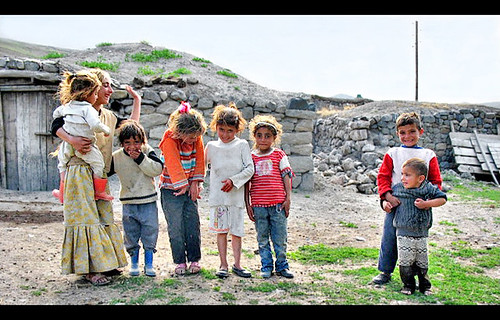



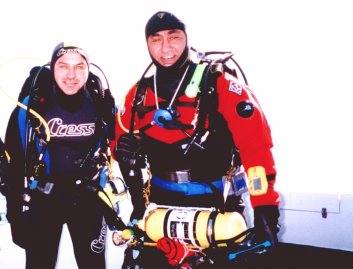


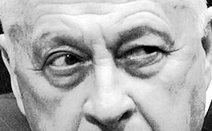



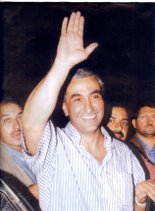
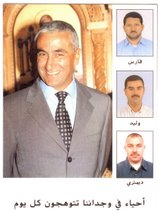


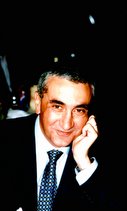
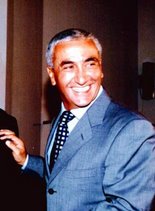
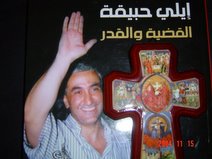




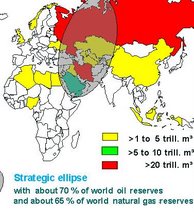
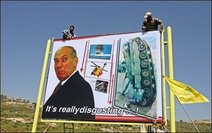
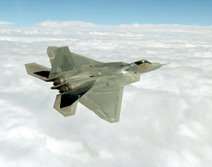


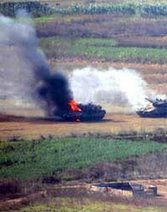
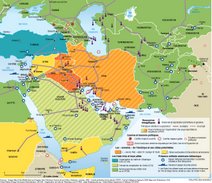
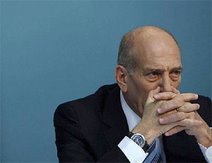
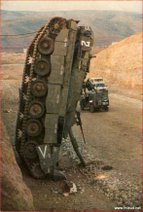
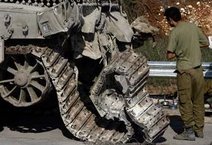
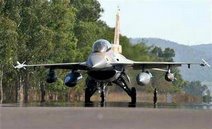
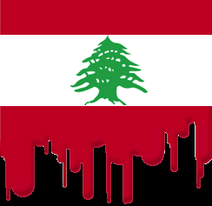
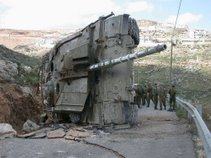
“Resistance to tyrants is obedience to the God” Thomas Jefferson
Why have uprisings and the revolutions taken place in Arab states? That’s the question most journalists, political scientists, analysts, experts in the Middle East and Northern Africa studies ask, pondering over the reasons that triggered tectonic transformations in that part of the world. But instead of focusing on socio-cultural, political, economic or, above all, socio-economic reasons behind the Arab “spring of peoples” one may offer an alternative, unconventional approach to turbulent developments in the Arab civilization. How could Arabs stand up to their regimes and change power in a matter of days or weeks? That’s an essential question. The social network’s factor (i.e. Facebook, Twitter) was crucial in Tunisian “Jasmine Revolution” and the uprising in Egypt that toppled Hosni Mubarak. But the banal, trivial truth is that there are no simple answers to complex questions. The paramount paradox is that obedient, law-abiding, meek, and fearful of their governments Arabs dared to defy their authorities, took to the streets and squares and ousted the dictators in Tunisia and, subsequently, Egypt. And as the Arab proverb says in such a case, ‘If the wind of change blows, ride it’. The subsequent uprisings in Yemen, Jordan, Oman, Bahrain, KSA, Algeria and the revolution in Libya were caused not only by successes in Tunisia and Egypt, but, above all, by deeper understanding of the dominant religion – Islam. Better education, higher literacy rate and high percentage of young population (about 65 % of Arabs are younger than 35 yrs) played a paramount role in it. And here lies the truth. As a matter of fact, Islam means full and absolute obedience to the God (as translated from Arabic). If we really think that “resistance to tyrants is obedience to the God” (as Thomas Jefferson famously put it in “The Declaration of Independence of the United States of America”), then those Arabs who challenged the incumbent tyrants just showed their obedience to the God. So it was not the Facebook which was a main medium of social communication and key source of information in coordinating protests. Social networks were just catalysts in ‘the chain reaction’ of Arab revolutions, but it was the very combination of many factors (and religious, in my opinion, was the dominant one), which had such a powerful synergetic effect in changing geopolitical status quo in the world’s most conservative region...
Serhiy Blavatsky, Ph.D. in Social Communications.